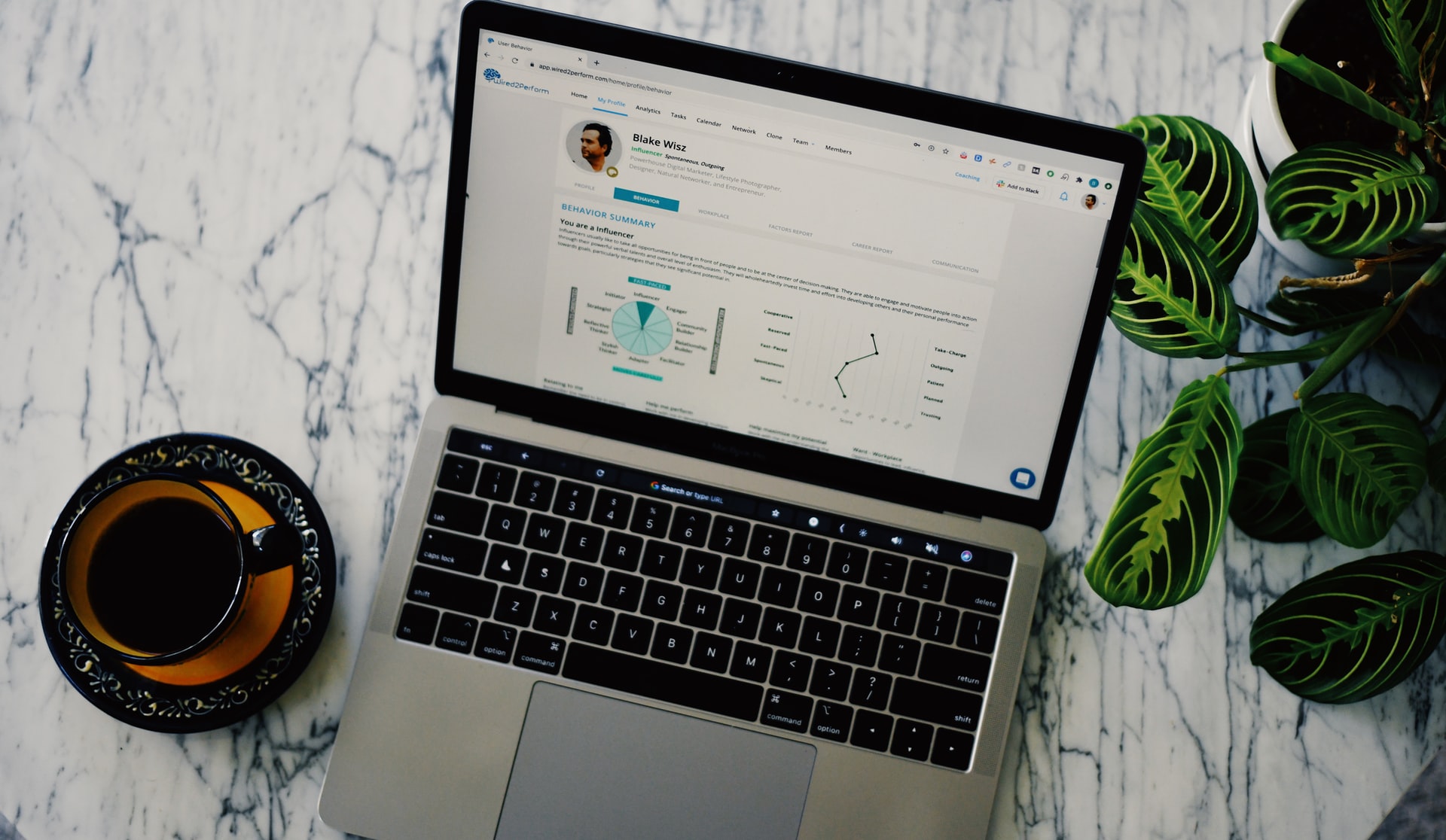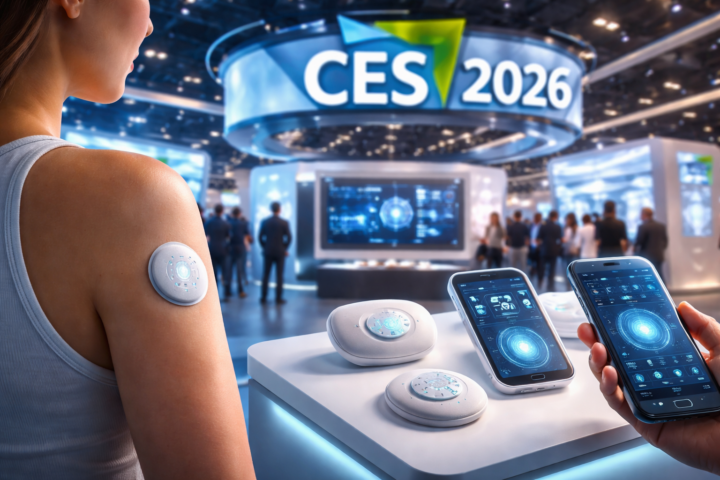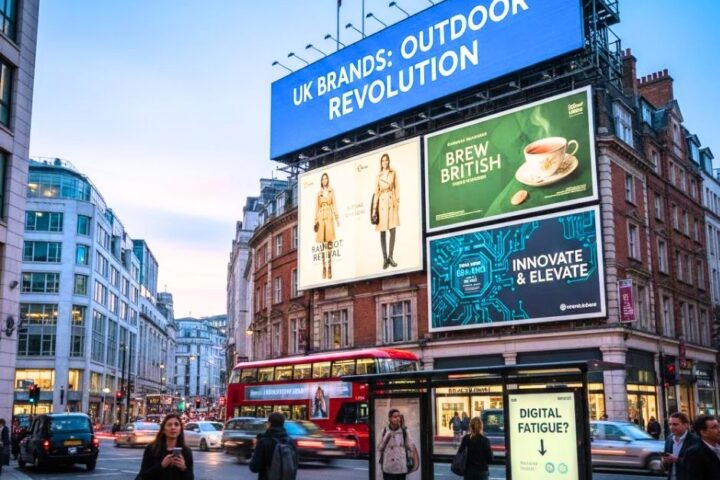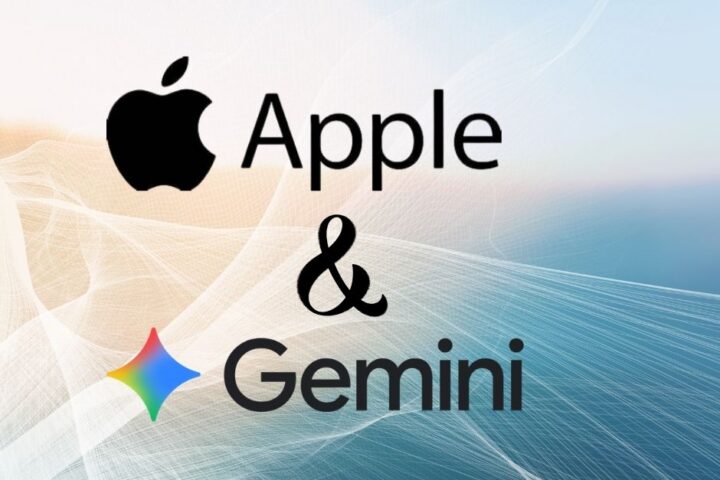Event marketing is the process of informing people about an upcoming event and encouraging them to attend.
We can say that marketing is more complicated than it has ever been. In the past, if we had enough money to advertise an event during a prominent TV channel’s prime-time schedule, we were promised success.
However, in today’s fast-paced digital world, we can no longer rely on a single marketing approach or channel to get the word out. Instead, we must integrate many online and offline media in a coordinated effort to reach our marketing goals.
Are you organizing an event and want to know how to promote it on social media and get people to attend?
Our smart tips and tricks have got you all covered!
Best Techniques for Promoting an Event
We’ve compiled a list of the best social media event marketing techniques to help you grow your brand, increase income and attendance, raise awareness, and form meaningful relationships with your target audience.
Social Media Marketing with Influencers
Use the power of influencer promotion to reach out to newer communities and establish trust in those circles. Request that influencers promote the following event by blogging about it on their preferred medium in their own words.
You might develop a specific co-branded video with them (maybe an interview) and ask them to distribute it to their networks several times in an organic or sponsored manner for even more outstanding results.
Bonus Tip: Depending on your expertise, event subject, and target audience, it’s critical to pick the right platform and influencer like how Instagram isn’t for experts and how a few influencers on a single platform might sometimes be enough.
Select Your Social Media Platform(s) Carefully
Select your platforms carefully to match your industry, specialty, event themes, and target audience. Some platforms are just good for starting conversations, while others have a higher level of engagement than platforms that bring more direct traffic. To assist you in choosing yours, here’s an overview:
Instagram – If your marketing allows for eye-catching images, Instagram might be a superb fit. Send out old event images or colorful visuals to raise awareness and remember.
LinkedIn – It is a professional and business networking social media site. LinkedIn should be your priority if you arrange an online event for knowledge professionals who are likely to come from a company or technical background.
Twitter – Twitter is a platform for having short, quick discussions. Even though Twitter has a far smaller overall active user base than Facebook, LinkedIn, or even Instagram, it does have an extremely passionate and engaged audience.
Facebook – It is the world’s largest social media site, which implies that theoretically, every potential target client of yours is present on Facebook.
Pro tip: whichever platform(s) you pick, it is essential to use a social media scheduling tool to automate social promotion as much as possible. This will leave your hands open for other ways of promoting your event. You can also consider placing posts about your business in Reddit and if you want make sure that you get a lot of upvote then you also have to share it in your different social media accounts.
Paid Social Media Ads
Create an ad on a variety of platforms to reach your target demographic. Determine the value of your return on investment (ROI) every click or per participant signup.
Choose from various payment alternatives, such as pay-per-impression, click, or conversion. Retargeting pixels have made it easier to target adverts in the proper places.
Create at least three advertisements for each campaign and assess them using the appropriate metrics to discover which one performs best.
Generate a Hashtag
A branded hashtag allows you and your target audience to quickly locate any information linked to your event on social media.
The most helpful hashtags are distinctive, but they’re also short and straightforward to type—also, the shorter, the better.
Create hashtags that include your event name, topic/theme, and target demographic. This combination ensures that folks interested in your case and your target user persona will see your postings.
Include your hashtag in all of your social media posts and other marketing collateral, such as printed advertising.
Create a Sense of Anticipation
Is there one thing you can count on for social media event promotion? People enjoy getting a glimpse behind the curtain. Allow plenty of time before the event to offer clues about what your visitors may expect.
Publish your event information in stages rather than everything at once, which might result in a lot of information being lost or forgotten. Share photographs and videos from behind-the-scenes of your location, guests, programs, and related stuff.
Make it easy for your audience to find you on numerous sites by using icons or symbols exclusive to your brand. Use these symbols at the bottom of the page to make a powerful statement in your email correspondence and newsletters.
Curiosity will be piqued by repeated views of your logos and visuals, which will eventually grow into enthusiasm. A small group of determined and engaged activists may do far more than you might anticipate!
Host Social Media Competitions and Giveaways
Contests and giveaways on social media are excellent methods to promote your event. With a “like/share/comment” contest, you may provide discounts or free tickets to your event. You’ll reach more individuals by using this strategy rather than choosing a winner from your current follower list.
Contests are also a terrific method to gain new social media followers while increasing the number of people that attend an event.
If you’re considering prizes other than free tickets, make sure they’re relevant to your event and will add to the overall buzz. You want to ensure that you’re attracting folks who will buy tickets and attend.
Engaging Email Marketing
Suppose you’ve previously conducted successful events and have collected the email addresses of your previous attendees. In that case, email marketing may be a highly efficient way to reach out to them and advertise your current event.
Even with all of the latest marketing channels and technology, email marketing remains the most successful promotional medium
when it comes to advertising an event.
If this is your first event, you may buy email lists from numerous providers. It’s worth a go, even if it won’t be as productive as developing your email database.
Produce Valuable and Relevant Content
Share the material you generate to supplement your event on social media to get the most out of it.
It might include templates, RFPs, and other tools to improve your event’s user experience and provide attendees with something to retain, reference, and share.
Include information from this year’s and previous years’ events, such as attendance metrics, the number of nations or states in attendance, and prior year’s figures, among other things.
It is especially vital if you’ve reached a critical milestone or reached another benchmark since it proves the success of your event.
Personalize
People tend to develop an emotional attachment to things they are interested in. Leave nothing to chance and intentionally engage them with stories about various aspects of your brand.
Your entries should include an “About Us” section for newcomers to your program. Even better, provide compelling material that speaks to their emotional makeup. Make the ones that are encouraging go viral.
Interview Your Guests Live on Social Media Platform(s)
Do you follow highlights on social media platforms even if you don’t follow an entire show precisely? That’s because there’s a reason for it.
Short conversations with fascinating subjects produce information that is both captivating and accessible. While the event is in progress, create your own event’s highlight moments.
You can use Instagram Stories to communicate people’s emotions and sentiments about your event immediately. What exactly is the topic of conversation? What’s the overall mood like?
If you can get some face time with any notable guests or presenters, that would add bonus points.
Video Content is King
According to Google, 60% of Americans prefer to watch videos over television. Also, as per HubSpot, 78% of people view videos daily, and 92% of users share videos with others.
Fundamentally, people enjoy watching videos. People will be more likely to buy in if you use video to help them digest the contents of your event. It also offers them a clearer image of what to expect.
Conclusion
By now, you must know which platforms your potential audience is active on and what sorts of material they’d connect with is key to promoting your event on social media. Your campaigns will be more effective if you understand your target demographic deeper.
To maximize the event’s potential, you should also use social media to develop and sustain buzz before, during, and after the event. Make your brand event the talk of the town by creating a fantastic social media marketing strategy.
















